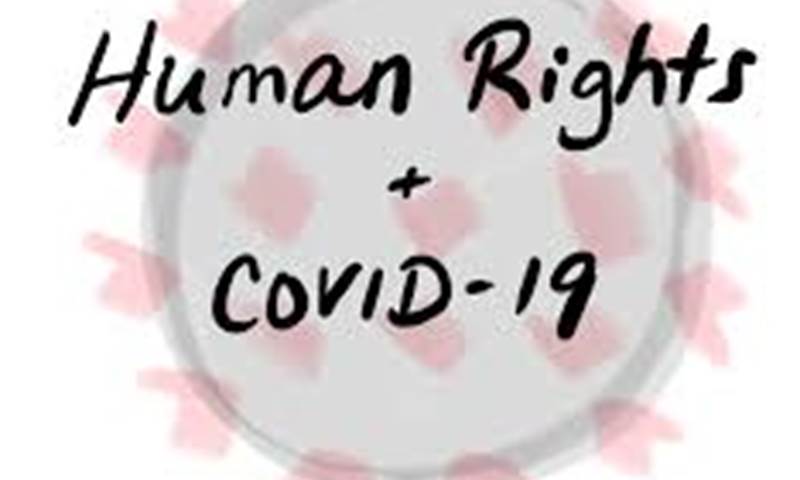Our website uses Cookies - by using this site or closing this message you're agreeing to our Terms & Conditions, Cookie Policy and Privacy Policy
xCOVID-19: EU rights agency reports on impact of emergency measures by member states
Date: 20th August 2020
Category:
Disability, Basic Health and Welfare, Civil Rights and Freedoms, Education, Leisure and Cultural Activities, Family Environment and Alternative Care

This bulletin explores the human rights implications of member states’ measures to tackle COVID-19 between 1st-30th June 2020.
The analysis considers the impact on rights under the EU Charter of Fundamental Rights. Implications include:
- Use of “state of emergency” powers: Whilst Member States have continued to lift states of emergency as the health situation improved, these were often replaced by other emergency measures. States of emergency typically implicate the following rights set out in the EU Charter: freedom of movement (Article 45), freedom of assembly and of association (Article 12), and private and family life (Article 7). Restricting freedom of assembly and of association came to the fore in the context of anti-racism demonstrations following the death of George Floyd in the USA.
- Physical distancing: distancing measures have remained in place for all EU Member States impacting on the following rights: the rights to liberty and security (Article 6), respect for private and family life (Article 7), freedom of thought, conscience and religion (Article 10), freedom of expression and information (Article 11), freedom of assembly and of association (Article 12), freedom of the arts and sciences (Article 13), and freedom of movement and of residence (Article 45). They can also affect the rights of specific groups including children (Article 24), older persons (Article 25) and persons with disabilities (Article 26).
- Impact on specific groups: The measures adopted to curb COVID-19 have severely affected the rights of particular groups, including people in institutional settings, older people, people with disabilities, Roma and Gypsy/Travellers.
Read the bulletin in full here.
